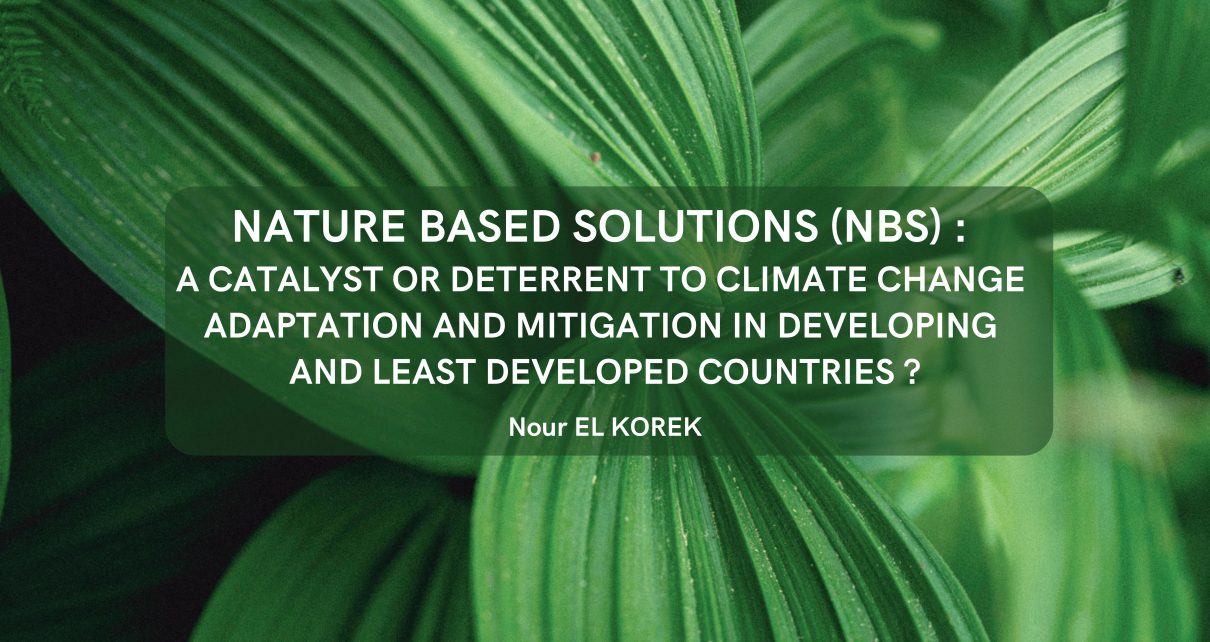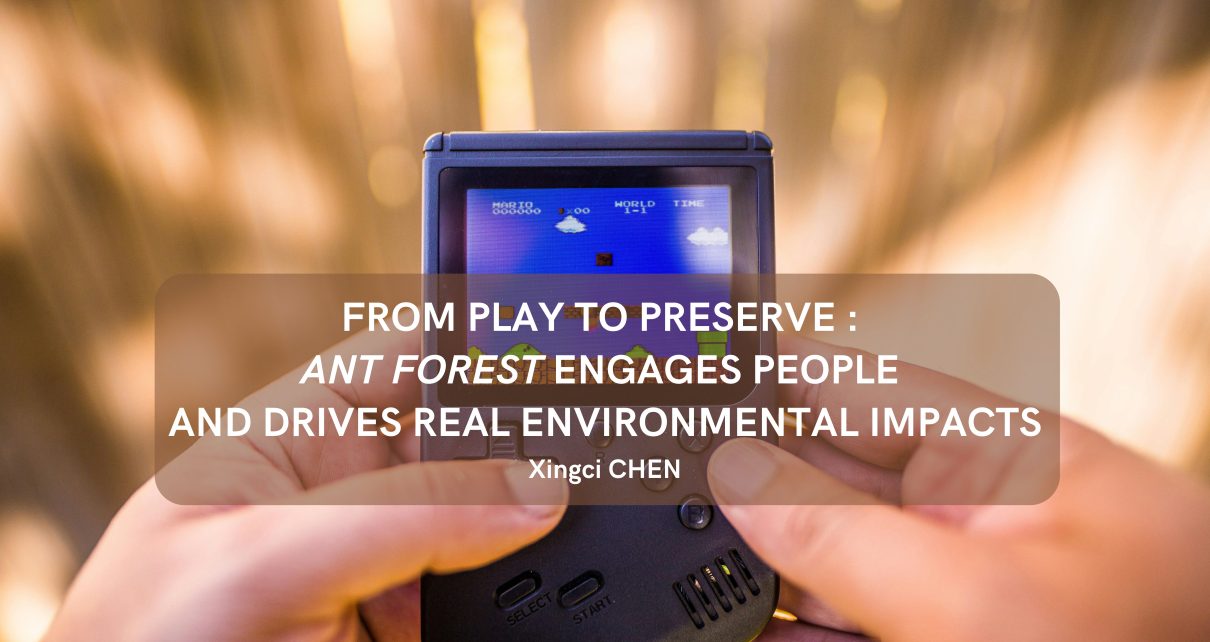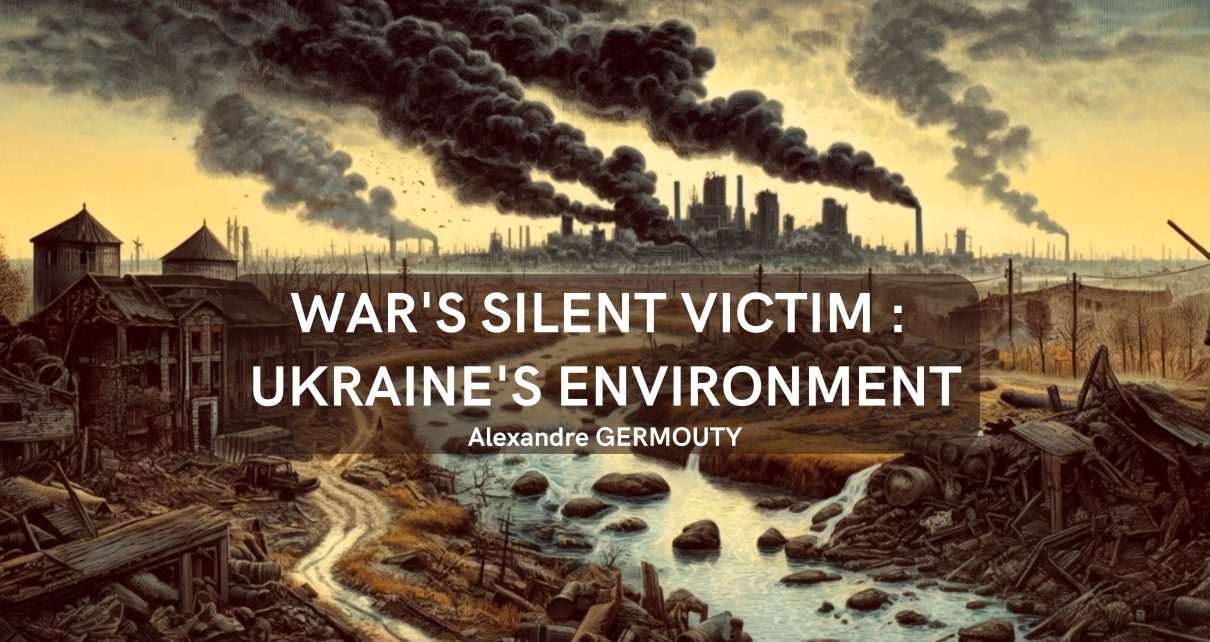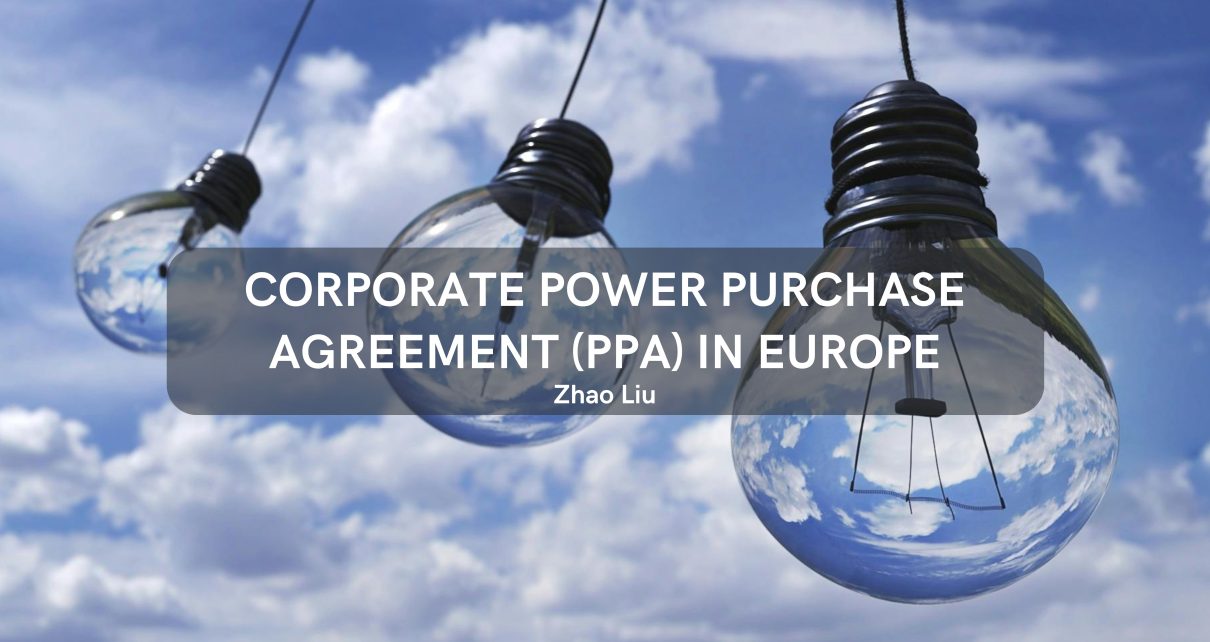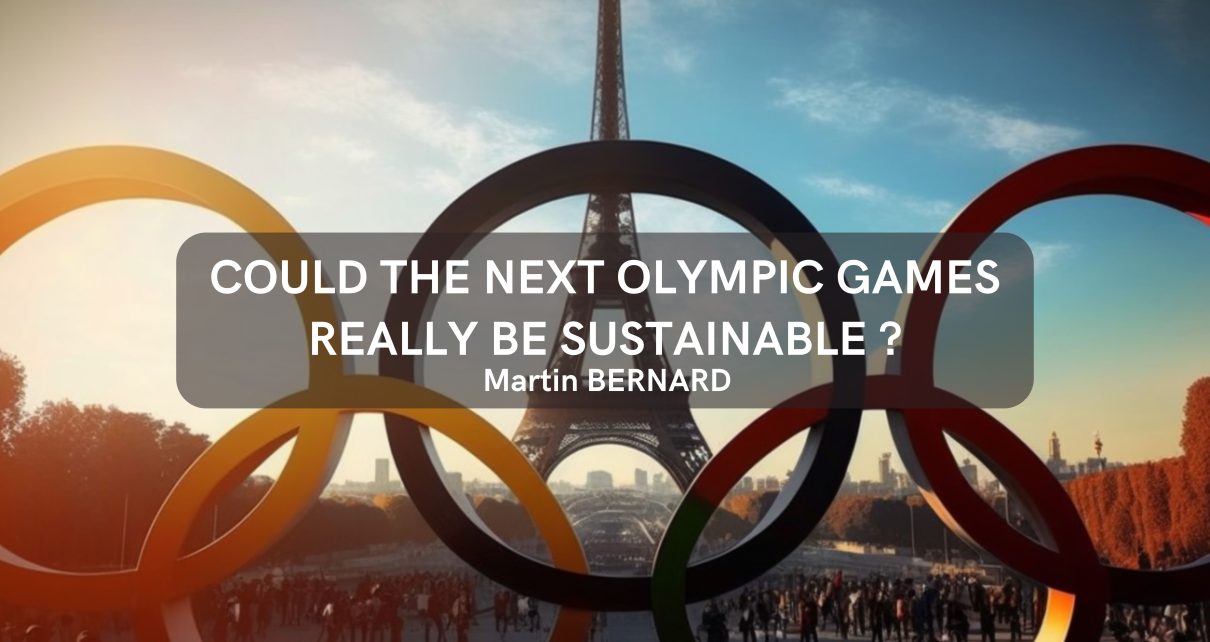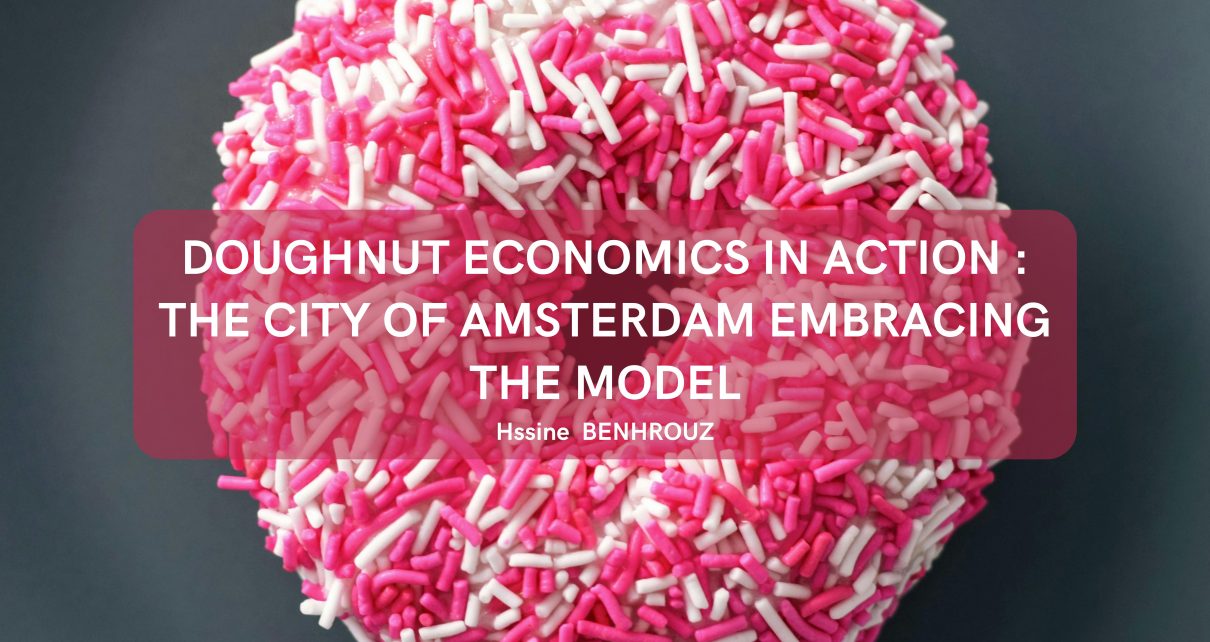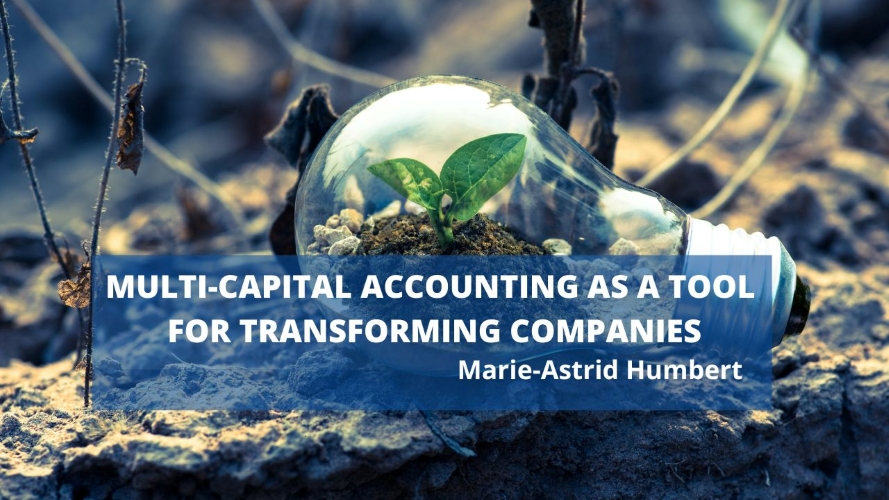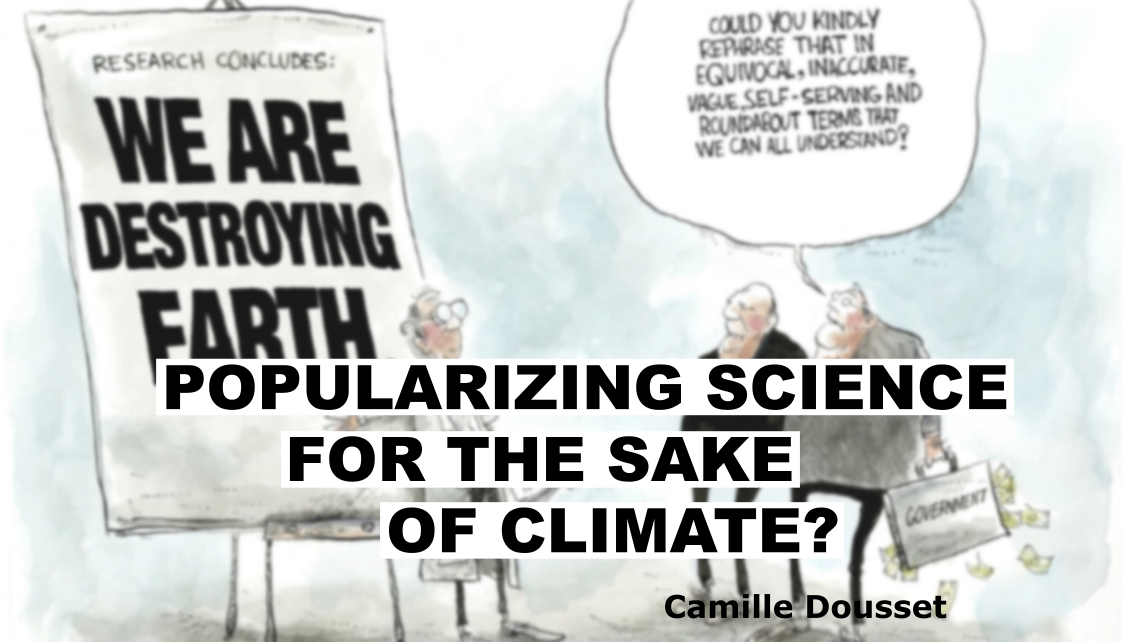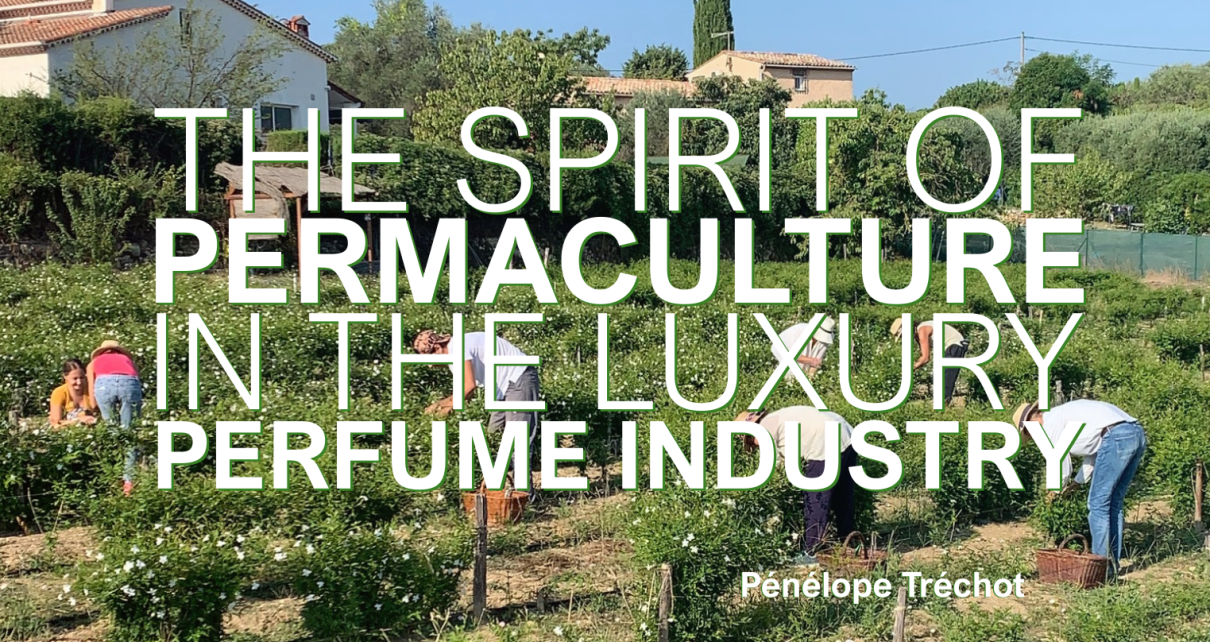Article de Nour El Korek (MS EnvIM 2023-24) Introduction Nature Based Solutions (NBS), as a notion, was primarily proposed by the World Bank in 2008. In turn, given the interest behind it, a designated research programme was generated in 2013. The initial proposal behind NBS was to create innovative solutions that are resilient, environmentally conscious and resource efficient, considering the needs of society and nature1. Multiple definitions have emerged ever
Article de Xingci CHEN (MS EnvIM 2023-24) Introduction For the past seven years, my mornings have been marked by a peculiar ritual : the 7:24 alarm on my phone. It's not a typical wake-up call; rather, it's a signal for me to collect "green energy" for my Ant Forest. 7:24 is the moment when the energy accumulated from my eco-friendly actions the previous day gets mature, and ready to be
Article de Alexandre GERMOUTY (MS EnvIM 2023-24) Introduction At a time when the climate crisis demands the utmost international cooperation to devise scientific, political, social, and economic solutions to confront this border-transcending threat, we find ourselves mired in conflict instead of unity. Rather than uniting at the negotiation table to ensure a dignified life for all on our planet, climate concerns are once again being sidelined by other issues. Our
Article de Zhao Liu (MS EnvIM 2023-24) Introduction As of January 2024, the annual green power consumption of Fortune 500 Partners totals nearly 70 billion kilowatt-hours (US EPA, 2024), which is equivalent to 15% of France's total electricity consumption in 2023 (Réseau de Transport d’Électricité, 2024). Some leading companies like Google have achieved 100% green power usage. Achieving such high levels of renewable energy consumption is challenging for these large
Article de Martin Bernard (MS EnvIM 2023-24) INTRODUCTION For a few years, big sportive events have been promoting themselves as environmentally friendly, while resulting in diverse ecological aberrations. One shall remember, amongst others, the 2016 Rio edition, with an immense golf located in the middle of a natural zone. Notwithstanding the 2022 Beijing edition claimed "100% carbon-neutral", while the artificial ski center involved millions of gallons of water, potential hazardous
Article de Hssine Benhrouz (MS EnvIM 2022-23) Introduction For over seven decades, the field of economics has been predominantly fixated on Gross Domestic Product (GDP) as the primary metric of progress, measuring a nation's economic health based solely on its output. But "what if we started economics not with its long-established theories, but with humanity’s long-term goals, and then sought out the economic thinking that would enable us to achieve
Article de Maya MIKAIEL (MS EnvIM 2023) Introduction Amongst the literature, the term “luxury” is employed to describe the “top category of prestigious brands'' (Achabou, 2013). Opposed to non-luxury goods, the goods falling in the luxury category are synonymous with “superior quality, uniqueness and going beyond need; it is uncompromisingly extravagant in terms of effort and material and often exhibits craftsmanship and expertise” (Athwal, 2019). Upscale products are also naturally
Article de Marie-Astrid Humbert (EnvIM 2022) Introduction According to Lord Kelvin “when you can measure what you are speaking about, and express it in numbers, you know something about it” (1883), which suggests that data drives knowledge and management. Organizations and especially companies are currently facing increasing pressure to show they contribute positively to society while generating profits for shareholders. However, contrarily to “traditional” accounting which solely focuses
Article de Camille Dousset (EnvIM 2021) Introduction Although in 2016, a survey showed that 97% of climate scientists agree that climate change is caused by humans (Michigan Technological University, 2016) and that the latest IPCC report (IPCC, 2022) warns on the urgency and irreversibility of the situation if no action is taken, the fight against climate change remains largely below current concerns. Indeed, on a global scale, climate
Article de Pénélope Tréchot (RSEDD 2021) A systematic approach to agriculture The term “permaculture” was coined in the 1970s by two Australian pioneers of the ecological movement, Bill Mollison and David Holmgren[1], whose work has now spread internationally. The term comes from the combination of two Latin words “permanens” and “cultura”, with is meaning being “a persistent system that supports human existence”.[2] It is an holistic systemic approach

